Spring to Action 2023
Addressing Toxic STEM Culture
April 8, 2023
Spring to Action 2023 was hosted by Boston University and focused on Addressing Toxic STEM Culture. A copy of the event program with speaker biographies can be found here.
The day started with a keynote seminar titled “Mapping Your Leadership Journey” by Audrey Grace, the Director of Learning for the Association of Research Libraries. Participants were instructed to reflect on the current culture in STEM and academia.
Grace explained how clear goals and a vision for the future concretely outlining what an inclusive community looks like are imperative to combating toxic culture in STEM. She shared tips for inclusive leadership: know yourself, make culture visible, understand power, make connections, be the change, and think systemically. According to Grace, inclusive leaders embody the traits of cognizance, curiosity, courage, cultural intelligence, commitment, and collaboration.
After giving her tips, she worked with the audience on an exercise examining culture and power. Participants were instructed to identify characteristics of their organizational culture and what power they have to act towards building inclusive workplace cultures. Participants reflected on the current status of their organization, shared aspects of that culture with their neighbors, and remarked on the aspects of culture and expectations that are both visible and invisible.
Grace followed this exercise with a discussion of unwritten rules in culture- according to Grace, a good first step towards changing harmful cultures lies in calling out problematic societal norms. When we question such expectations, we have the ability to reflect on why they are implemented at all and whether they serve to exclude others. Grace equipped attendees with many tools they can use to be inclusive leaders and build inclusive workplace cultures.
The panel following the keynote was a wonderful extension of the discussion held during the keynote lecture. This panel featured Jordie Kamuene, PhD candidate at Northeastern University and president of Northeastern GWISE, Aisha Losche, Chief Diversity Officer at Draper Laboratory, and Juan Gnecco, Assistant Professor of Biomedical Engineering at Tufts University, and was hosted by Shen Ning, MD/PhD student at Boston University. True to the theme of the conference, panelists discussed many prominent aspects of STEM culture, including the rigor of STEM, the nature of scientists to cling to their area of expertise, and how this can be combatted by effective collaborations with scientists and non-scientists outside one’s field of study. This prompted a discussion of what building an inclusive culture looks like in academia, starting from building a diverse team (and making sure that everyone feels valued in their roles), to gathering input holistically, and intentionally bringing people to workplace or department activities. Panelists also discussed the importance of promoting oneself- especially for underrepresented individuals in STEM- and developing one’s personal vision and mission as a means to develop self-confidence. Possessing self-confidence can be a driving force to push back and challenge the norms serving as barriers to developing inclusive academic cultures.
Attendees were given an additional opportunity to engage with speakers and each other during the workshops.
Anastacia Awad, Executive Director and Head of Diversity, Equity, Inclusion for Research & Development at Novartis led a workshop titled “Integrative Thinking and Success in Industry”, in which she talked about her career path and how she transitioned into industry from an academic background and advised the participants on how to ask the right questions and advocate for themselves. Attendees were able to learn more about how to thrive in an industry session during the Q&A portion of the workshop.
Alexis Stokes, Associate Chief Diversity and Inclusion Officer in the Harvard Office for Equity, Diversity, Inclusion, and Belonging led a workshop titled “Creating an Inclusive STEM culture”. Attendees were given concrete examples of bias and suggestions for how to implement systemic changes to improve STEM culture. The practice scenarios and prompts given at the end of the workshop tied in what the participants had learned and allowed participants to think about how they would address similar situations in their own workplaces.
Laney Strange, Associate Teaching Professor and Area Chair & Director of Broadening Participation at Northeastern University led a workshop titled “The I in DEIAB” in which she discussed prioritizing inclusive teaching in STEM and higher education. Attendees were walked through best practices for inclusive teaching and how they can develop these practices as current or future faculty to foster inclusive environments.
Attendees had the opportunity to connect during breakfast, lunch, and a mocktail social hour. Thank you for attending and we’ll see you next year!
Thank you to all of our co-sponsoring schools and to our funding sources: BU GWISE, MIT School of Science, and Harvard/MIT COOP.











